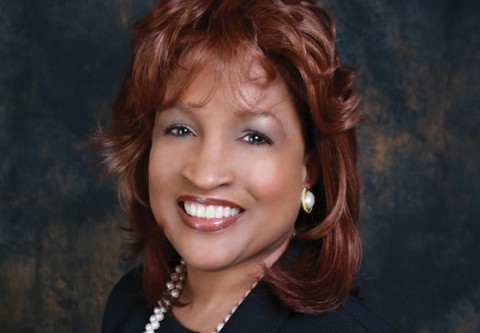Multimedia ministry: AME Bishop Vashti Murphy McKenzie

When Vashti Murphy McKenzie was elected a bishop of the African Methodist Episcopal Church in 2000, she became the first woman to serve in that capacity. As bishop, McKenzie has emphasized social networking and digital media as well as social justice. Last year, Bishop McKenzie used social media to create a "pray-cation," reaching 12,000 people worldwide with a monthlong set of spiritual disciplines. Her most recent book is Swapping Housewives: Rachel and Jacob and Leah.
Can you describe your call to ministry?
I was an on-air personality for a Christian radio station in Baltimore as well as program director and general manager of that station. I wanted to own my own radio station to show people how you really do it!




